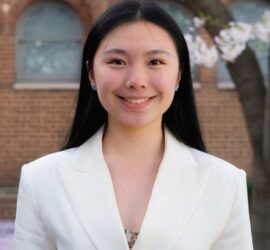Undergraduate Seminar
Climate & Energy Policy Seminar
Connect with researchers across campus, meet like-minded students, and get published.
About the Seminar
Each year, the Kleinman Center hosts its undergraduate student fellows. This program is designed as a competitive and selective appointment for committed undergraduates. Admitted students are expected to attend 8-10 seminars over the course of the semester at the Kleinman Center for Energy Policy. These sessions provide students with the opportunity to meet and hear from energy researchers as they discuss the findings and policy implications of their recent research.

Fall 2025 Applications
Applications are now open for our Fall 2025 undergraduate student fellows! In order to apply, please submit:
- Cover letter
- Resume
- Unofficial transcript
- Writing sample
The application will close on August 29. Applications will be reviewed on a rolling basis.
Please note, the 2025-2026 undergraduate seminar has been moved to the fall semester. We will not have a seminar spring 2026.
Seminar Topics
Lectures and discussions cover a wide range of energy and climate topics, including:
- Climate Science and the Carbon Cycle
- Energy Efficiency
- Energy Markets
- Environmental Justice
- Environmental Law and Regulation
- Environmental Risk Management
- Renewable Energy and Storage
- Transportation and Urban Planning
Note: Seminar discussions are designed to challenge students to think critically. Students need not have expertise on these topics.
2025 Fall Seminar Speakers
Speakers for fall 2025 to be announced soon!
Student Opportunities
Student fellows selected for this seminar have many unique opportunities for both academic and professional development.
Networking. Admitted students learn from many of Penn’s top energy researchers—engaging and networking with presenters and student fellows.
Publishing. Blog posts that students submit at the end of the semester are published on the Kleinman Center website and shared with our growing community of students, faculty, policymakers, and industry experts.
Career Building. This program is an excellent career-building opportunity, helping student fellows develop a deep understanding of energy and climate policy topics. As official members of the Kleinman Center community, student fellows receive a number of ancillary benefits such as occasional opportunities to meet visiting scholars and speakers, advanced notice of Kleinman Center events, and the professional benefits of having an official association with a globally respected energy policy center.
Student Commitments
The Fall 2025 seminar will be held for the entirety of the semester with a total of eight or nine seminar sessions. These sessions are on Wednesdays from 12PM to 1PM. Accepted student fellows are expected to attend all of the seminar sessions. Students must notify Arwen Kozak of any unavoidable absence in advance of the seminar. Students with two or more unexcused absences will be dismissed from the program.
In addition to attending seminar discussions, each student fellow is invited to submit a blog post (~600 words) on an energy or climate topic of their choice by the end of the semester. Student fellows then work with the Kleinman center’s editorial and communications team to publish their blog on the Kleinman Center website.
Applicants do not need to be pursuing a degree related to energy or climate policy and science.
Publication Highlights
Past Blog Posts
This year’s insights tackled everything from research lab emissions to coal’s dominance in the developing world. Take a look at the full lineup of publications.
Read Student Blog Posts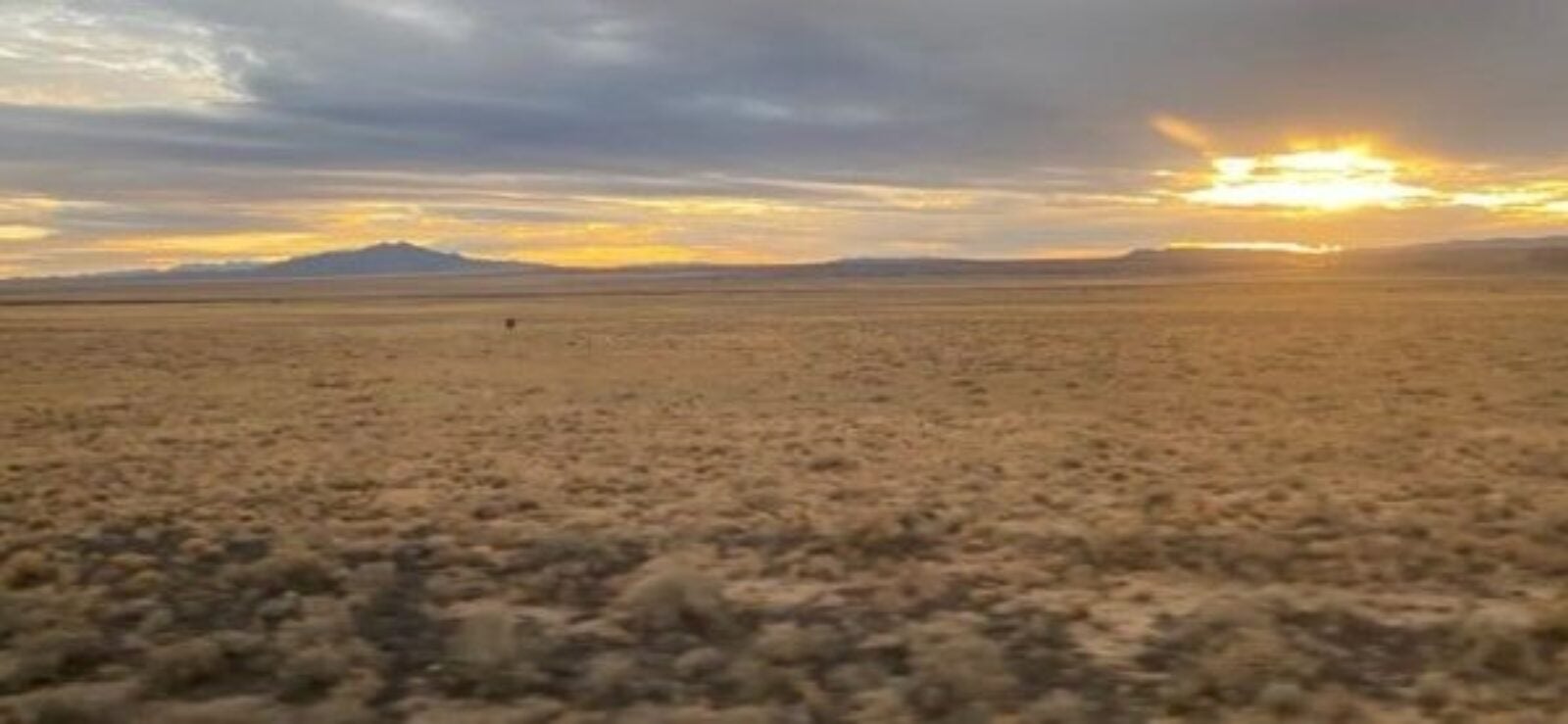
Meet Our Previous Fellows

Naseebullah Andar

Matthew Barotz
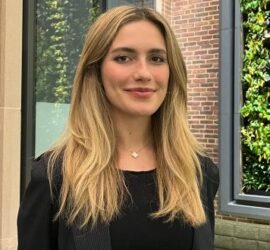
Martina Bulgarelli

Elea Castiglione
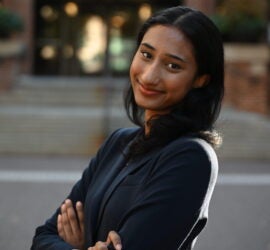
Anjali Dhupam

Charlotte Fletcher

Jack Leitzell

James Li

Vivek Nair

Amelia Pilot

Ben Sailors

Solemei Scamaroni

Sara Takenaka
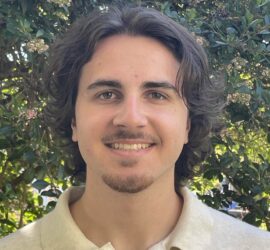
Tobey Theiding

Nina Wang

Tommy Zeng

Rachel Zhang
